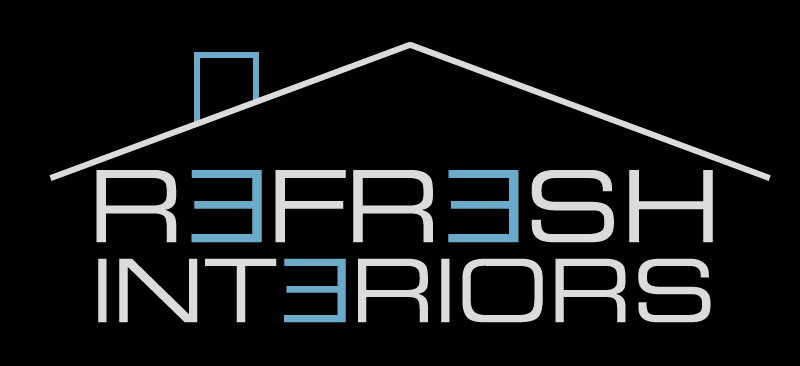If you’re thinking of extending your property, you’ve probably already looked into the cost of the build and the additional running costs you might incur such as higher heating bills. But did you know that some extensions also alter the cost of your council tax?
In this blog post, Refresh Interiors use their industry expertise to clarify which extensions cause your property’s council tax band to change, and why.
Council tax: What you need to know
Council tax is a payment levied on household by the local authority for that area of the UK. There are 8 council tax bands, labelled with letters A-H, which are assigned to properties based on their location and value.
If you rent or own a property, are over 18 years of age and aren’t a full-time student, then you’re eligible to pay council tax.
Why extensions can alter council tax
Extensions to existing properties are one of the best known ways to increase their monetary worth. But added value to the original price of your home can also cause a change to the council tax band your it sits in too.
The council band your property falls under can move both up and down the scale, depending on the kind of building work you have carried out (i.e. demolition or extension). Because extensions add space–which in property equates to value–council bands tend to move upwards and the council tax bill you’re subject to pay becomes greater.
The quality and size of the extension added to your home will determine the change in council tax band. Your council tax could move from B to C, or from D to G, all depending on the additional value that the building work puts onto your home.
If an extension to your property does alter its council tax band, you won’t need to take any action. Instead, you’ll receive a letter which notifies you of the changes from The Valuation Office Agency, which can be appealed anytime upto 6 months after being notified.
What to do if your property is being extended
If you’re having your home extended, there’s no need to worry about your council tax bill immediately rising. As it currently stands, changes to council tax banding only take effect when the property is sold or is under new ownership.
Although the rules currently protect homeowners who decide to complete home improvements from additional fees, this is all subject to change at the discretion of your areas’ local authority. Therefore, it’s important that you enlist a reputable construction specialist who can ensure that every step of the building process is in line with legislation.
For more information from a trusted professional home extension provider, get in touch with Refresh Interiors today.
